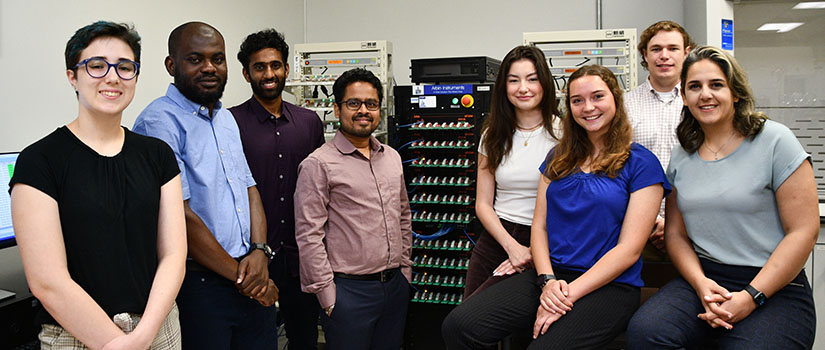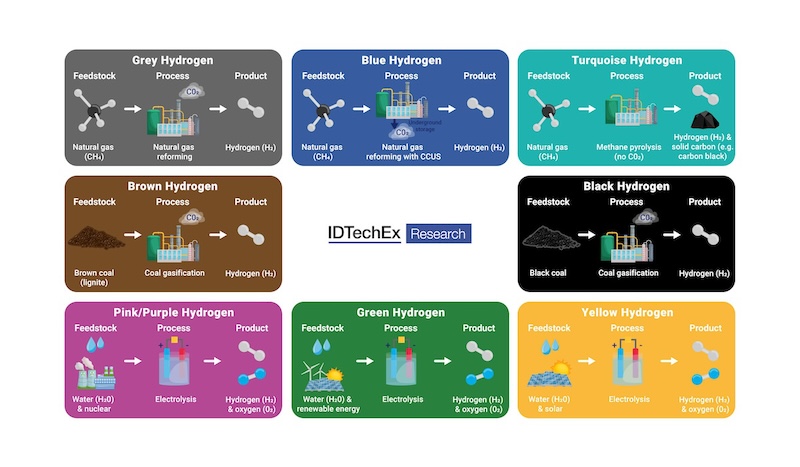Learn how to overcome inefficient maintenance management
The Life Cycle Institute , the learning source for optimizing asset reliability and performance, is now accepting registrations for its newest course: Predictive Maintenance Technologies . This five-day course is designed for maintenance professionals and any person responsible for justifying or conducting duties related to a predictive maintenance program.
Ineffective maintenance management costs U.S. industry an estimated $60 billion yearly. Even more disturbing is the impact that ineffective maintenance has on a company’s ability to produce cost-effective, quality products. Predictive maintenance (PdM) programs are formed to eliminate unnecessary maintenance, improve quality and increase capacity. Most predictive maintenance programs use vibration monitoring as the key component. To be successful, a comprehensive program must include other monitoring and diagnostic techniques. During the Predictive Maintenance Technologies course, participants will determine which predictive technologies to use and how to apply them in an effective predictive maintenance program. Click here to review the course’s learning objectives .
The course uses as its reference text “An Introduction to Predictive Maintenance” (Copyright
The next class is scheduled for April 20-24, 2009, at the Life Cycle Institute’s training facilities in Charleston, SC. This course will also be offered in San Juan, PR (May 4-8, 2009) and San Diego (July 27-31, 2009). Class size is limited in order to maximize the value to each participant. To register, visit www.LCE.com or call 800-556-9589.



